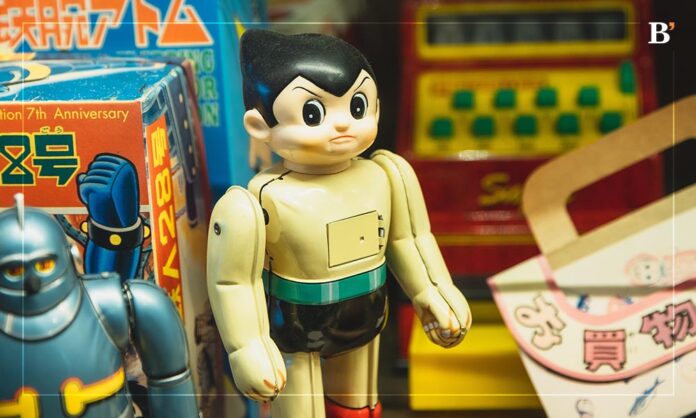Key Highlights
- A new study suggests that robots can better detect Children’s mental wellbeing issues in children than parent-reported or self-reported testing.
- For the first time, robots can assess children’s mental wellbeing.
A team of computer scientists, roboticists, and psychiatrists from the University of Cambridge conducted a study with 28 children between the ages of 8 and 13 and had a child-sized humanoid robot administer a series of standard psychological questionnaires to check the mental wellbeing of each participant.
The children were willing to confide in the robot, sometimes sharing information with the robot that they had not yet shared through the standard assessment method of online or in-person questionnaires. It is the first time robots have been used to assess children’s mental wellbeing. During the COVID-19 pandemic, financial pressures, homeschooling, and isolation from colleagues and friends impacted the mental health of many children.
Professor Hatice Gunes, who leads the Affective Intelligence and Robotics Laboratory in Cambridge’s Department of Computer Science and Technology, has studied how socially-assistive robots (SARs) can be used as mental wellbeing coaches’ for adults. But in recent years, she has also been studying how they may benefit children.
Gunes and her team designed an experiment to understand if robots could be a useful tool to check mental wellbeing in children. Nida Itrat Abbasi, the study’s first author, said that there are times when traditional methods are unable to catch mental wellbeing lapses in children, as sometimes the changes are incredibly subtle. They wanted to see whether robots could help with this process.
The researchers learned that children with varying levels of wellbeing concerns interacted differently with the robot. For children that might not be experiencing mental wellbeing-related problems, researchers found that interacting with the robot led to more positive response ratings to the questionnaires.
However, the robot may have enabled them to divulge their true feelings and experiences, leading to more negative response ratings to the questionnaire for children experiencing wellbeing-related concerns.
The researchers say that while their results show that robots could be a helpful tool for the psychological assessment of children, they are not a substitute for human interaction.
For more updates on robotics industry, Click here




